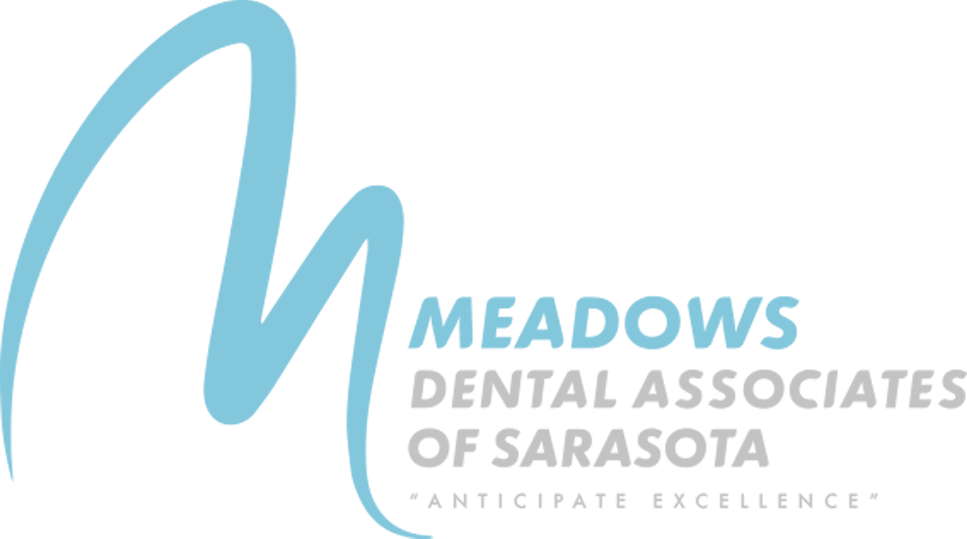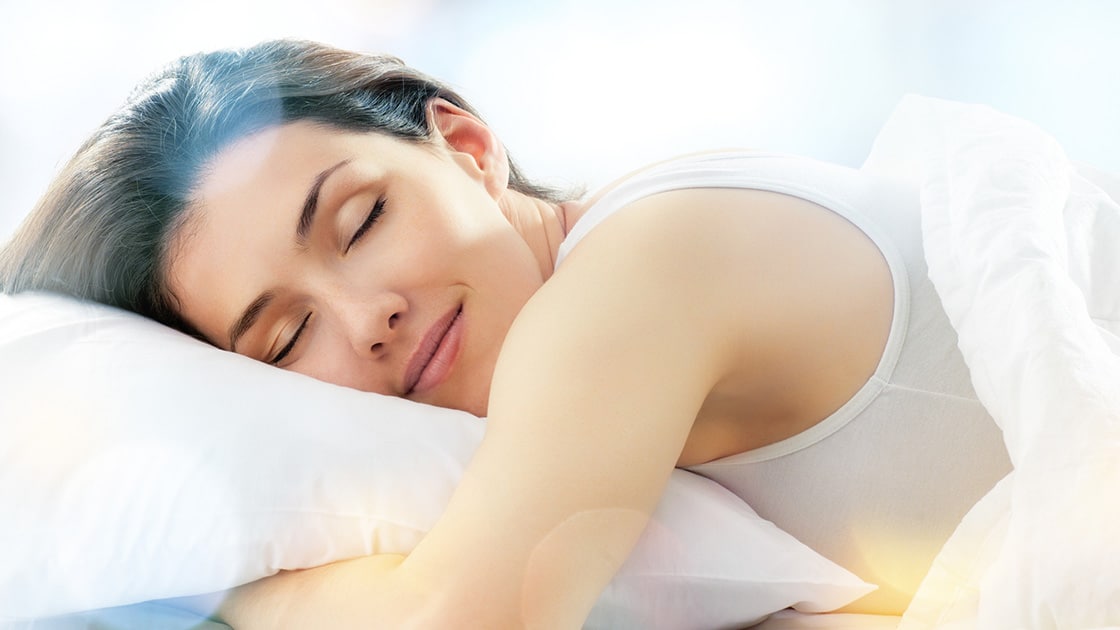What Is Sleep Dentistry?
Sleep dentistry refers to treatment for sleep disorders such as snoring and sleep apnea. These conditions typically originate in the mouth, making them treatable by your dentist.
Procedures Offered
We provide the following sleep dentistry services:
- Snoring Therapy. Snoring can not only disrupt your sleep, but that of your partner or roommate, preventing you from getting quality sleep at night. Snoring occurs when your tongue slides back toward your throat to partially block your airway. We can create a custom snoring mouthpiece for you to wear at night that repositions your jaw while you sleep to prevent snoring.
- Sleep Apnea Treatment. Sleep apnea occurs when your airway becomes completely blocked by your tongue or the tissues of your throat and you stop breathing for seconds or even minutes at a time. This causes disruption to your natural sleep cycles as you wake up and resume breathing repeatedly throughout the night, preventing you from getting quality sleep. A custom snoring mouthpiece can also prevent sleep apnea by keeping your airway open while you sleep.

